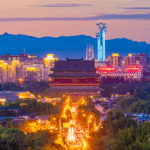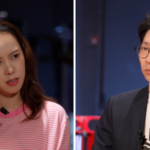In a world that often prizes uniformity, children with autism spectrum disorder paint life with vibrant individuality. Known affectionately as "Star Children," they navigate sensory experiences and communication in ways that mirror the cosmos: sometimes radiating quiet brilliance, other times glowing in contemplative silence. April 2nd marks World Autism Awareness Day, a moment to reframe understanding and celebrate neurodiversity.
Autism affects an estimated 1 in 100 children globally, according to recent studies, yet misconceptions persist. While some may perceive social challenges or repetitive behaviors as limitations, advocates emphasize that these traits often mask extraordinary talents – from photographic memories to innovative problem-solving abilities.
"Every child has constellations of potential waiting to be seen," says Dr. Lin Wei, a Beijing-based pediatric neurologist. "Our role isn’t to 'cure' autism but to create environments where different neurological wiring isn’t just accepted – it’s valued."
Across Asia, initiatives are gaining momentum. Singapore’s Enabling Village offers vocational training for neurodivergent youth, while Japan’s Specialist Meister program matches autistic adults with tech careers suited to their precision-focused strengths. The Chinese mainland has doubled autism-related education funding since 2020, with 2,034 rehabilitation centers now operational.
This year’s awareness campaigns focus on inclusive schooling and employment equity. A viral video tribute to Star Children – released ahead of the April 2 observance – has sparked global dialogue, reminding viewers: "When we make space for different kinds of minds, we all shine brighter."
Reference(s):
cgtn.com








